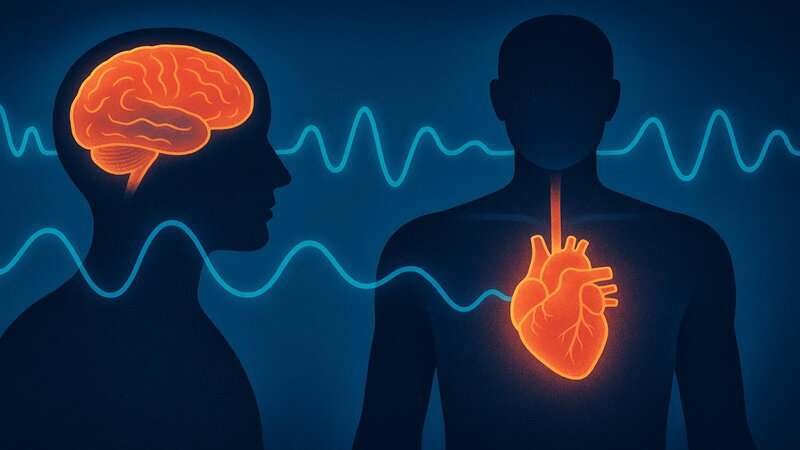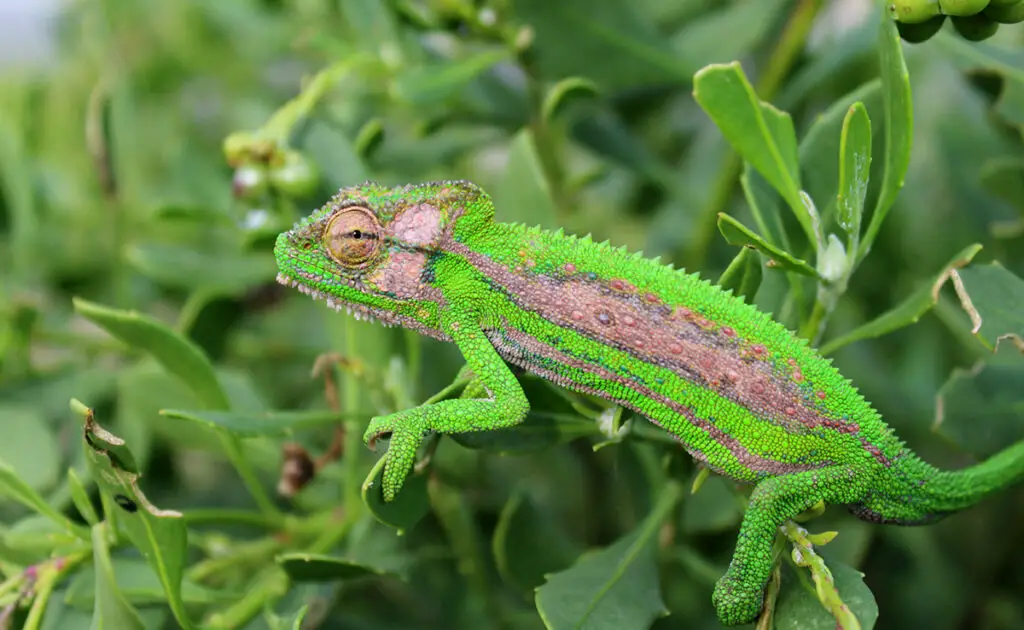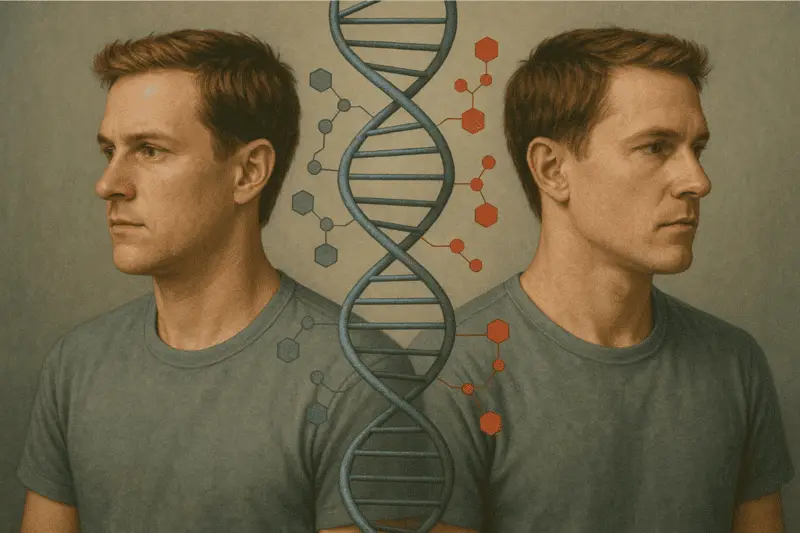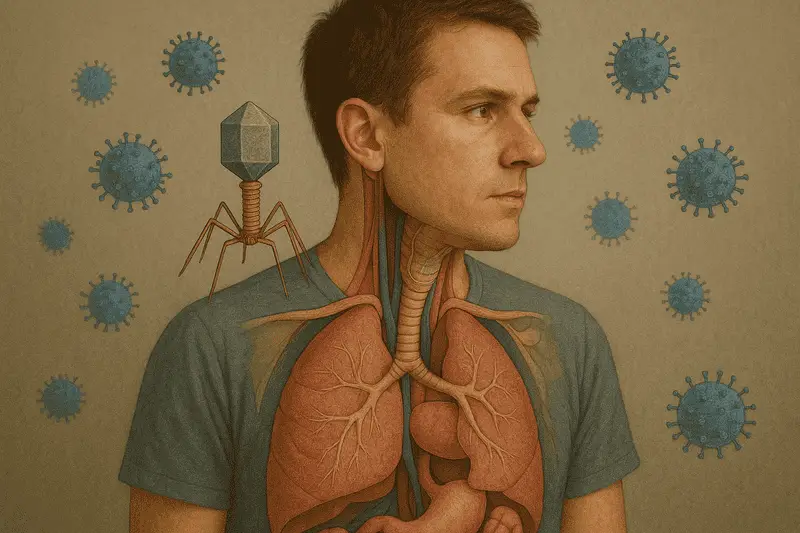Time shapes every moment we experience, yet its essence is elusive and often paradoxical. Physicists have long struggled to unravel time’s secrets, discovering ideas that stretch far beyond common sense. From the relativity of simultaneity to puzzling quantum effects, the study of time continually transforms our understanding of the universe.This article invites you on a…
The human mind is a powerful force, capable of shaping not just our thoughts and emotions but also our physical reality. Scientists have long studied the mysterious mind-body connection, uncovering remarkable ways our mental states can influence bodily health. From manifesting unusual symptoms to altering the way our bodies heal, the brain’s impact is sometimes…
Unsichtbar oder schimmernd, ändert das Chamäleon nicht nur die Farbe, es schüttelt auch die Übliche Diagramme Reproduktion. In diesem Reptil, kein romantischer Impuls, eine Hochzeitsparade, nur Instinkt, dann ein endgültiger Abschied. Einige kommen aus einem vergrabenen Eier unterirdisch, als andere aus dem mütterlichen Bauch springen, der sich bereits gebildet hat. Aber alle bleiben sich vom…
Smartphones have evolved far beyond mere communication tools. Today, they act as early health warning systems, quietly monitoring your well-being throughout each day. Thanks to an impressive suite of built-in sensors, advanced artificial intelligence, and seamless data tracking, these devices notice subtle changes in your physical and behavioral patterns—often before you feel a thing. Your…
Every day, we type passwords, personal messages, and private data without a second thought. It feels safe—after all, what could be more routine? But what if the simple sound of your keyboard could give away your secrets? In a world where cybercriminals are always innovating, even the subtle clicks and clacks of your typing have…
Identical twins have long fascinated scientists, families, and the public alike. We’re taught that these twins are genetic carbon copies—two individuals born from the same fertilized egg, sharing the exact DNA. But decades of careful research have uncovered a much more complex story beneath the surface. Unexpected genetic differences between identical twins challenge our basic…
Retirement is often painted as a time of freedom, leisure, and well-earned rest—a golden chapter after decades of hard work. Yet, for many, this long-anticipated milestone brings not just relaxation, but a surprising and silent grief. Beneath the surface, retirees can face a profound sense of loss that disrupts identity, purpose, and cherished relationships. This…
As we age, our bodies undergo changes that can make us more sensitive to certain medications. Older adults often experience increased side effects or complications from drugs that are otherwise well tolerated by younger people. To address these unique risks, experts have developed the Beers Criteria. This widely respected guideline identifies medications that may pose…
When most people hear the word virus, they think of illness and infection. But what if some viruses are actually essential to your health? Right now, trillions of beneficial viruses—especially a group called bacteriophages—are living inside your body, quietly helping you stay alive. Unlike the notorious germs that make headlines, these hidden allies work behind…
Every year, thousands of people suffer severe harm—or even lose their lives—due to dangerous drug interactions. While most of us trust our pharmacists to spot these hidden dangers, the reality is far more alarming. Busy pharmacies, rushed consultations, and information gaps mean that many life-threatening combinations slip through the cracks. These aren’t rare mistakes—they’re a…










